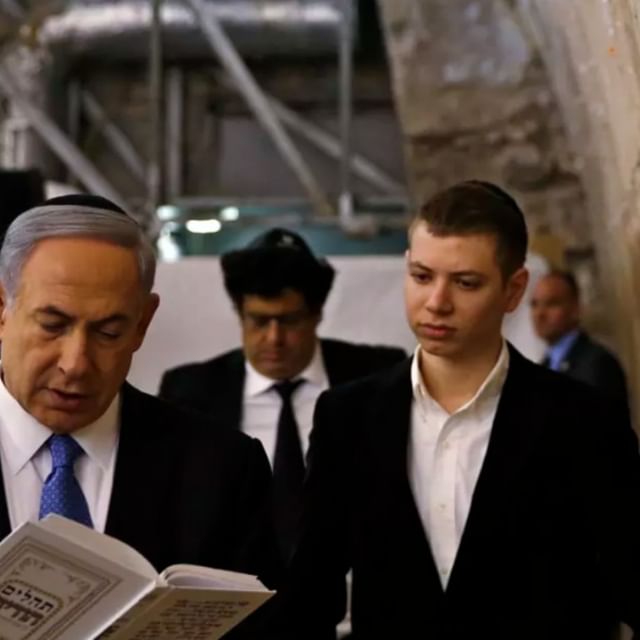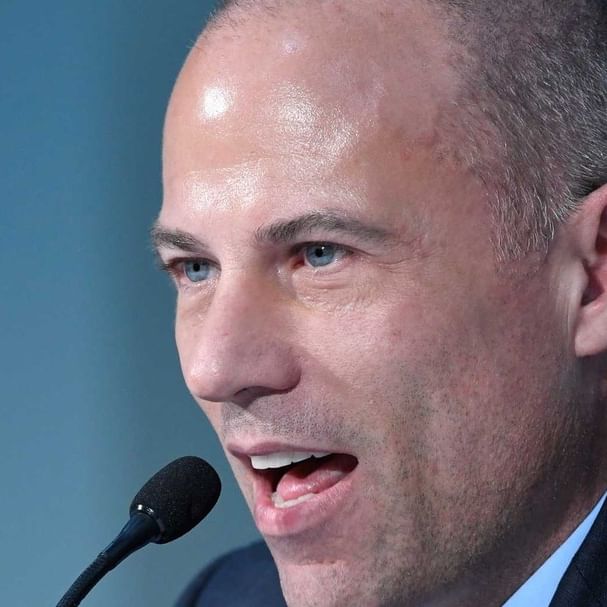Saudi Crown Prince Mohammad bin Salman (MBS), a close ally of President Donald Trump, has proclaimed himself the “deputy King” of Saudi Arabia, the Guardian reports, as a divide between King Salman and the Crown Prince grows.
Although the position technically exists in Saudi Arabia, it has not been used for decades. MBS has used the position to issue royal decrees without the consent of his father, King Salman, who only learned about the decisions through television coverage. One of these decrees installed MBS’s younger brother, Khaled bin Salman, as Defense Minister, which the King saw as a premature move. The poor relations were demonstrated by the Crown Prince not being invited to greet the King at Riyadh airport upon the latter’s return to the Kingdom from Egypt.
During the visit to Egypt last month, the increasingly paranoid King dismissed his own security team and replaced them with loyalists, as well as refusing additional security personnel from the MBS-aligned Egyptian government, fearing a coup.
King Salman has grown increasingly concerned with MBS’s conduct since the death of Muslim Brotherhood activist Jamal Khashoggi at the Saudi consulate last year, and has also come under pressure from others in the House of Saud to take more control and rein MBS in. The King has traditionally been regarded as from the pro-Islamist wing of the royal family, having supported jihad efforts in the 1990s, and quickly improved ties between the Kingdom and the radical Brotherhood movement upon taking office in 2015. MBS, on the other hand, has taken a hard line, seeing the Brotherhood as a hotbed of extremism and a cause of political instability in the Arab states.
The King is also particularly wary about MBS’s ties with regional strongmen. He is worried about MBS moving too fast to restore diplomatic relations with Syria’s Bashar al-Assad after the two nations took opposing sides in the country’s bloody 8 year civil war. He has a tense personal relationship with Egyptian military leader Abdel Fattah el-Sisi, who is close to MBS. He also disagrees with MBS’s strong support for Algerian President Abdelaziz Bouteflika and Sudanese President Omar al-Bashir, in the wake of mass anti-government protests in both countries supported by radical elements. MBS has insisted on censorship of the protests in Saudi state media, while the King has advocated a more open approach.
Both Algeria and Sudan have historically have fraught relationships with Saudi Arabia, with the former being a Soviet ally in the Cold War and an enemy of Saudi-backed Morocco, while the latter aligned itself with Iran for years. However, in recent years, relations have shifted. Sudan forged an alliance with Saudi Arabia in 2015, supporting the Kingdom’s efforts in Yemen. Algeria began rapidly improving its relations with the Kingdom after Morocco’s ties with Saudi Arabia deteriorated over Saudi support for the Qatar blockade. The 83 year old King takes a more traditional, skeptical approach towards relations with these two countries, while MBS sees an opportunity to include them in his Arab nationalist vision for the region.














